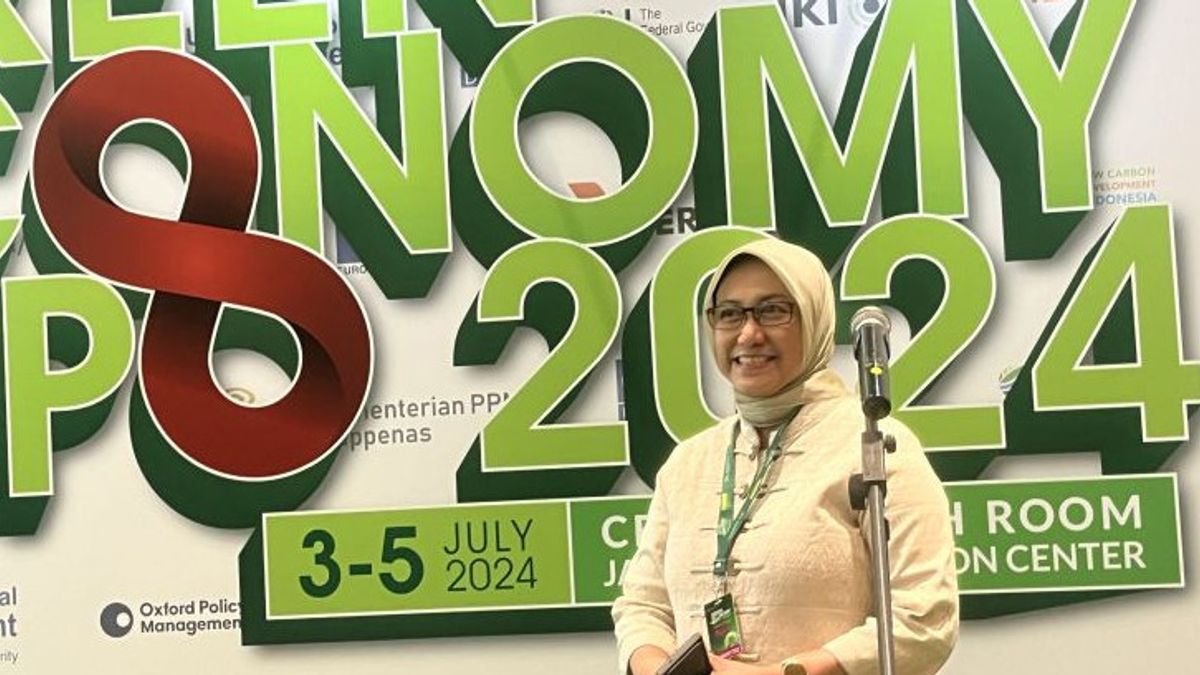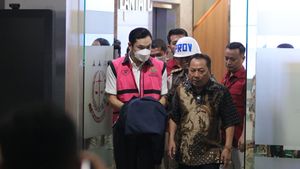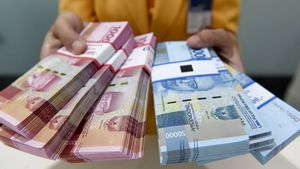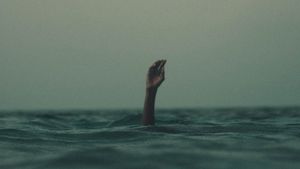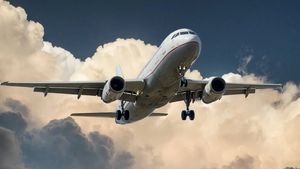JAKARTA - Deputy for Maritime Affairs and Natural Resources (SDA) of the Ministry of National Development Planning/National Development Planning Agency (PPN/Bappenas) Vivi Yulawati said maritime power is the main modality to realize Indonesia's vision of Gold 2045.
Maritime power will be the main modality to realize Indonesia Gold's vision 2045. Of course, it is supported by the improvement in the quality and quantity of human resources, which in 2045 will be the 6 largest (most population) in the world. Then of course Indonesia is the second largest mega biodiversity, but for the ocean is the largest mega biodiversity ocean in the world," Vivi said at Nusantara Ocean Week, quoted from Antara, Wednesday, July 10.
He said, as the largest archipelagic country in the world, Indonesia has various modalities. Starting from the presence of 17,504 islands with 108 thousand kilometers (km) of coastline, 6.4 million square km of total Indonesian waters or 65 percent of the total area of the country, 19 percent of Indonesia's seas have been mapped or have not been optimally explored, have 29.2 million hectares (ha) of water conservation areas, have 22.6 percent of the world's total mangrove area, and 18 percent of the total world's coral reef area.
Then also the second largest accultural producer in the world, 40 percent of world trade through the Indonesian Archipelago Sea Lane (ALKI), 10.7 percent of the world's shipping channel, 69 percent of local governments are on the coast and small islands, the contribution of maritime Gross Domestic Product (GDP) to national GDP in 2022 is 7.92 percent, up to 5.1 million households depending on fisheries and cultivation.
Historically, Indonesia's maritime power has also been recorded in the history of the Kingdoms of Sriwijaya and Majapahit which utilize geographical conditions to develop the economic and trade sectors. Maritime cultural civilization in people's lives also develops, especially in coastal areas and small islands.
"The strength of Indonesia's maritime needs to be supported by Indonesia's positioning as an ocean leadership, both at the regional level and at the global level," said Vivi.
SEE ALSO:
One of the important efforts to become Indonesia as a maritime country in the context of geoeconomics, not just a geographical context, is to change the perspective to support maritime-based development.
A number of these paradigm changes include the orientation of development to the sea, islands as a basis for regional development, increasing maritime literacy and marine culture, inter-island sea connectivity as the lifeblood, the main shipping zone for global supply chains, the sea being a productive resource for sustainable development, geopolitical areas that are flanked by many interests, and upholding sovereignty and sovereign rights to the outermost point.
"If we don't do anything, business as usual, we will lose money on our own. Therefore, rebuilding the spirit of the sea to realize maritime civilization is our common task," he said again.
The English, Chinese, Japanese, Arabic, and French versions are automatically generated by the AI. So there may still be inaccuracies in translating, please always see Indonesian as our main language. (system supported by DigitalSiber.id)
